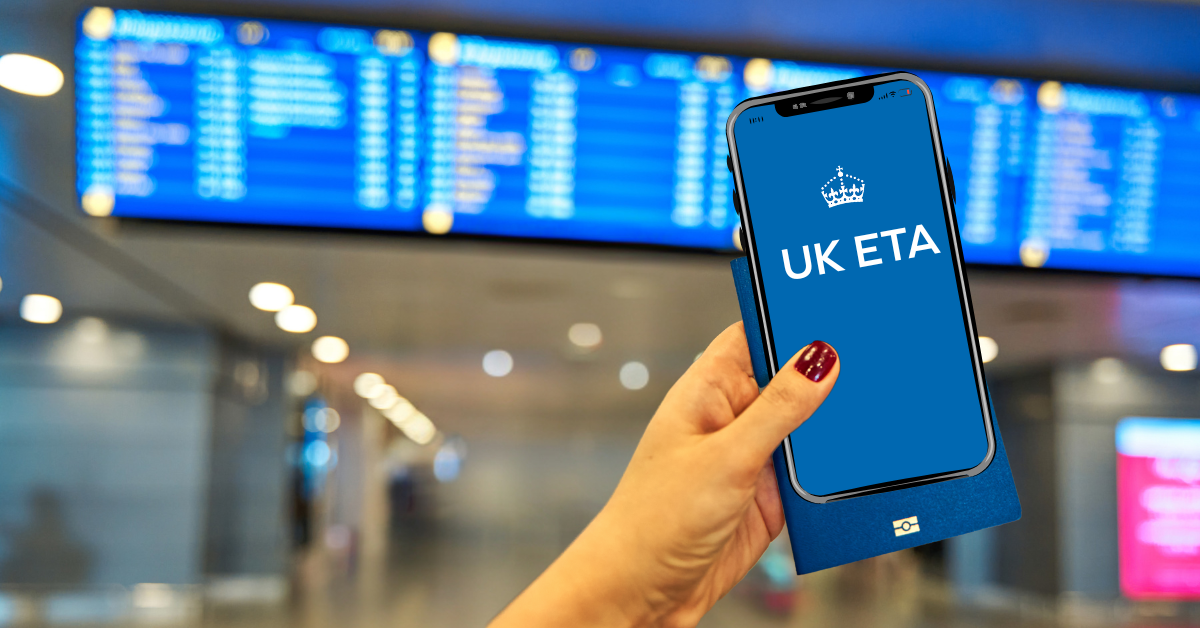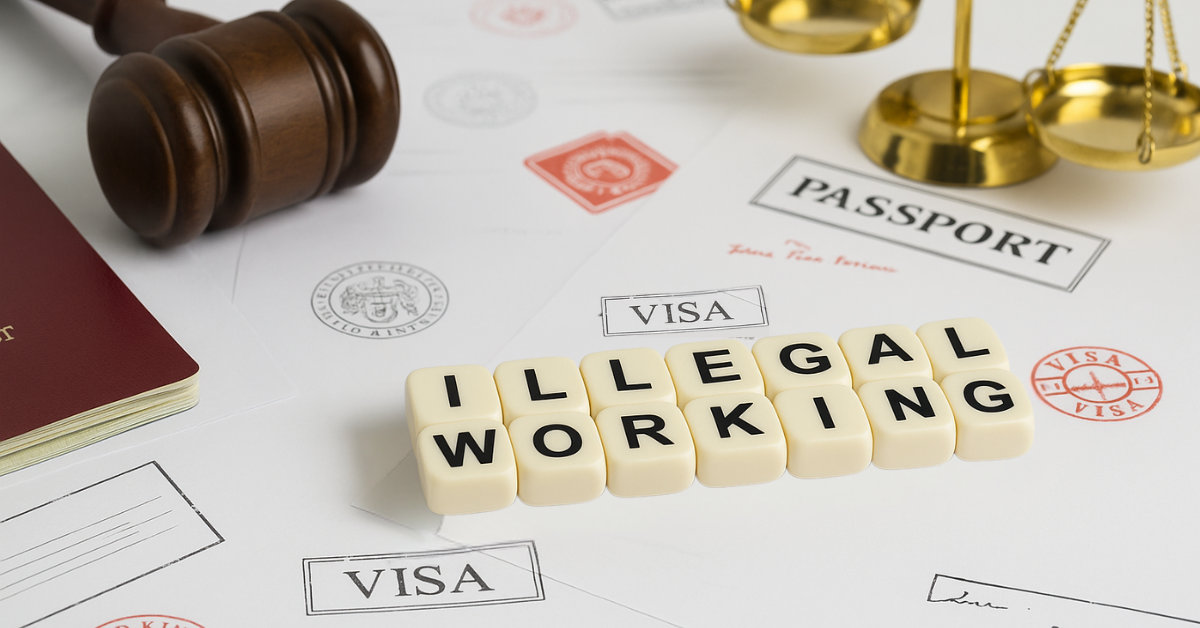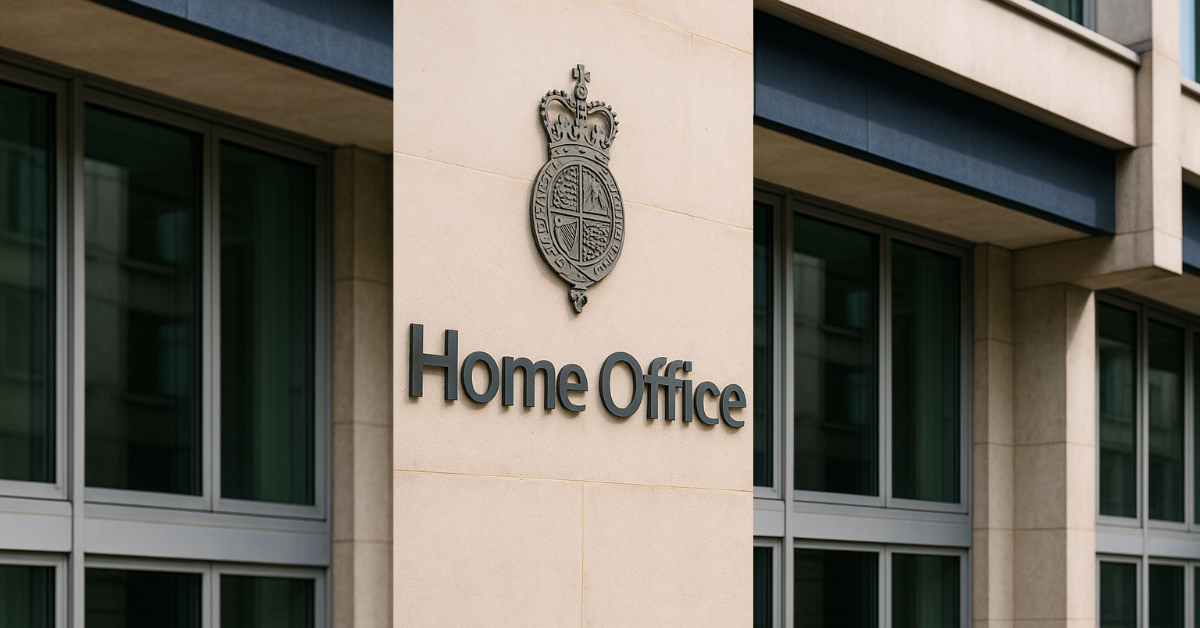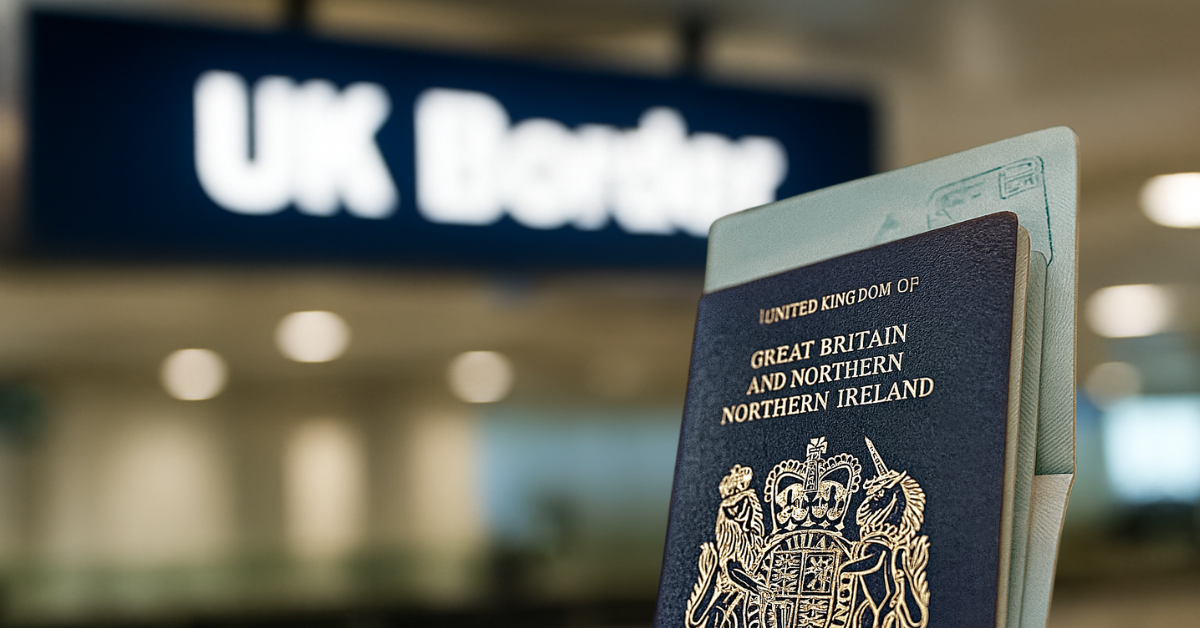
Home Affairs Committee Launches Call for Evidence on Settlement Reforms
The Home Affairs Committee is seeking evidence on proposed UK settlement reforms, including longer ILR routes and an earned settlement model.

Thal Vasishta
“Extending the route to settlement will reshape how migrants plan their lives and how employers plan their workforce.”
The Home Affairs Committee has opened a call for evidence as part of its inquiry into proposed changes to the UK’s immigration and settlement system. The consultation will run until 2 December 2025, inviting views from across businesses, academia, civil society, and migrant communities.
This follows the Government’s policy direction outlined in the UK Immigration White Paper 2025, which first introduced the proposal to extend settlement routes and introduce a contribution-based framework.
What the Government Is Proposing
Under the Government’s proposed reforms, the UK’s settlement framework could undergo its most significant change in decades:
-
Longer routes to settlement: The standard qualifying period for Indefinite Leave to Remain (ILR) would rise from five to ten years for most migrants.
-
An “earned settlement” system: Migrants who demonstrate long-term economic and social contributions could qualify earlier through a new points-based framework.
“The government wants settlement to reflect not just time spent in the UK, but the value contributed to it.”
Key factors being considered include:
-
Continuous employment and regular National Insurance contributions.
-
Active participation in local communities such as volunteering or civic engagement.
For context, our previous article on Settlement Rules and Border Control explores how recent announcements by the Home Secretary laid the foundation for these upcoming reforms.
Purpose of the Inquiry
The Committee's inquiry seeks to understand the evidence base for extending settlement routes and the social and economic effects of these reforms. It aims to ensure new policies are informed by both data and lived experience — from employers managing recruitment challenges to migrants seeking long-term stability.
Terms of Reference
-
Potential Impact of Longer Settlement Routes
The inquiry invites evidence on:
-
How settlement pathways affect migration and settlement rates.
-
Implications of a longer route to ILR for:
-
Employers and businesses — including recruitment and retention of skilled workers.
-
Migrant households — financial costs, access to benefits, and personal wellbeing.
-
-
Impact on integration and community cohesion.
-
Comparative insights from other countries with similar systems.
“Employers warn that extending the settlement route could double sponsorship costs and deter global talent.”
-
Defining “Earned Settlement”
The Committee is also seeking views on how long-term contribution should be defined and measured, including:
-
Economic contributions: employment continuity, tax and NI payments, addressing UK skills gaps.
-
Social contributions: volunteering, civic participation, and community involvement.
It will also consider possible exemptions (e.g. humanitarian or family routes) and international approaches to contribution-based settlement frameworks.
Who Should Respond
The Committee welcomes responses from:
-
Employers and sector associations managing sponsorship or workforce planning.
-
Universities and research institutions employing international staff.
-
Migrant support groups and immigration practitioners.
-
Policy and economic analysts with relevant data or comparative insight.
“Stakeholder input will be vital in ensuring the system is fair, workable, and economically sustainable.”
Next Steps
Written evidence can be submitted via the Home Affairs Committee website until 2 December 2025.
The findings will help shape the UK’s future settlement system — balancing fairness for migrants with clarity for employers and accountability for policymakers.
How Paragon Law Can Help
Our immigration lawyers advise individuals and employers on visa applications, compliance planning and sponsor licence management. We track regulatory developments daily to help you stay compliant and prepared.
Contact us today for tailored guidance on how these changes affect you or your organisation.
🛑 The law applicable in this article is correct as of 22 October 2025. Immigration rules frequently change, and the information here may not reflect the latest legal position. For advice tailored to your specific circumstances, please contact us to arrange a consultation with our legal team.
Subscribe for updates

UK Immigration White Paper 2025: Visa & Settlement Rule Changes Explained
Not ready to talk? Our free immigration resources may have the answer to your questions

UK ETA Enforcement from 25 February 2026: What Travellers Need to Know

Global Talent Visa: Eligibility, Requirements and Application Process

Border Security, Asylum and Immigration Act 2025 – What Employers Need to Know
.png)
UK Immigration Rule Changes 2025: Visa and Settlement Reforms Explained
%20What%20Sponsors%20Need%20to%20Know%20(1).png)
Upcoming Increase to the Immigration Skills Charge (ISC): What Sponsors Need to Know

Home Affairs Committee Launches Call for Evidence on Settlement Reforms

UK Immigration Rules 2025–2027: Key Visa & Policy Changes Explained

UK Immigration White Paper 2025: Visa & Settlement Rule Changes Explained


